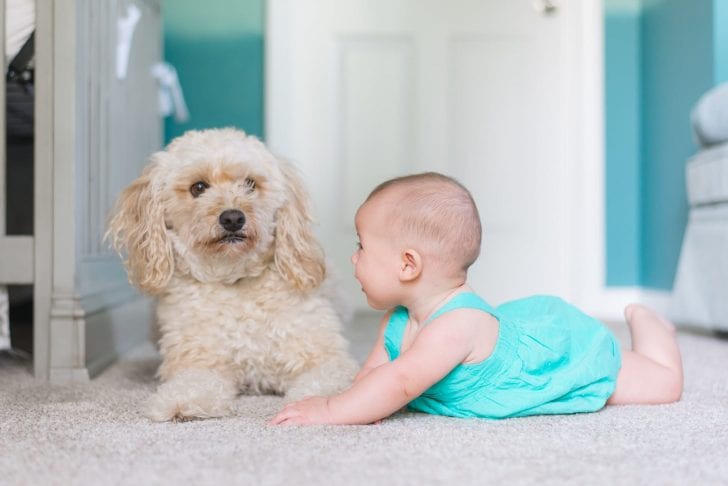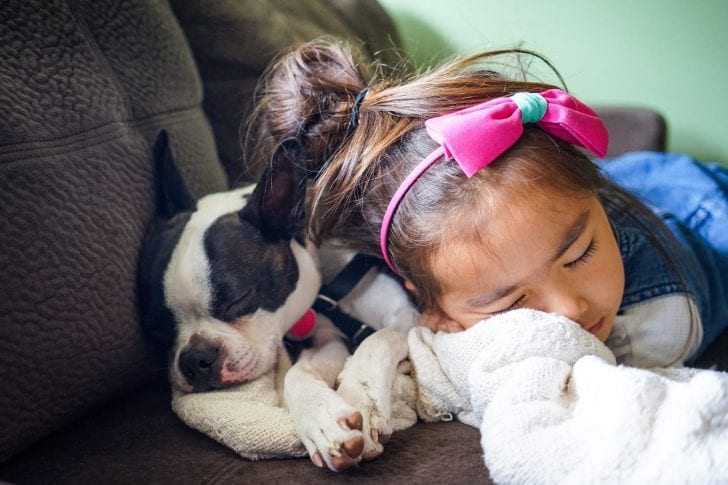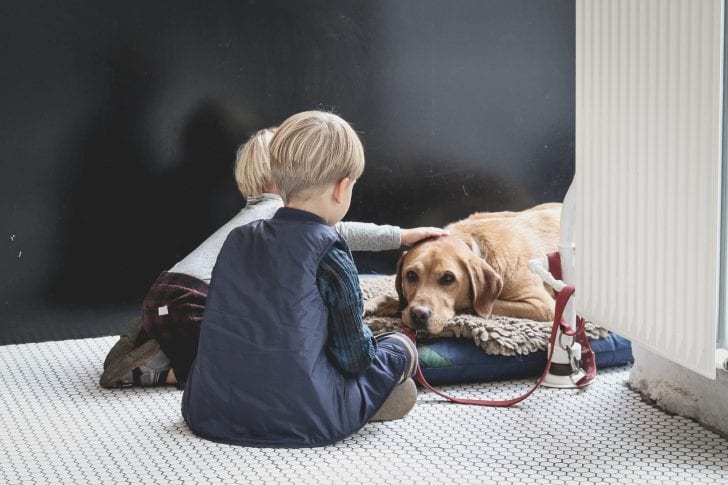Raising children can get really complicated with time because the fear around their wellbeing is constantly affecting parents. As children grow, they make friends, but it’s important to teach them innate social skills early, and studies indicate that pets can significantly help with this.
Domestic animals and pets, mostly dogs and cats, are often adored by kids. Now, when your children request you to get a pet, though you might think that it’s an additional expense and responsibility, the fact is that a pet in the house can tremendously benefit your child’s emotional development.

Unsplash | Domestic animals and pets, mostly dogs and cats, are often adored by kids
How are pets connected to a child’s positive growth?
Psychologist Elizabeth Anderson points out that children who have a connection with pets build self-healing abilities pretty early in life. That’s actually believable since coming home to an eagerly waiting happy animal can indeed wipe out the worries and stress you’ve been through during the day.
To prove that children who grow up with pets have better social skills and self-esteem than those who don’t, researchers studied the effect of growing with pets among households with children between the ages of 5 and 11. Among the 5,191 households, almost half of the families lived with a pet, and children from such families showed better mental development. Such children were more active, obedient, social, and were generally happier.

Unsplash | Children who have a connection with pets build self-healing abilities pretty early in life
Read – 10 Best Pets to Consider for Your Kids
Key benefits of having pets
Responsibility
When children observe how parents care for an animal, they too practice the same. They learn to be responsible at an early stage as they feed, bathe and walk the pet with care. Children’s IQ and compassion also increase as they’re well prepared to groom another living being. Accomplishing these tasks and earning a “good job” from parents helps build their self-esteem.
Health
Research proves that children who live with pets have a good immune system as the pet's unconditional love positively impacts the child’s mental health, which also affects physical health. Children learn to eat properly and at the right time along with their pets. Studies show that they also have a lower risk of turning obese as they’re obliged to be active when playing and taking care of their pet friend.
Therapy
1 in 45 children have been diagnosed with autism in the United States, and over the years, therapy dogs have played a major role in helping them recover. The sense of security and love that dogs so effortlessly provide has helped children with autism cope better with anxiety and increase their social abilities.

Unsplash | Therapy dogs have played a major role in helping children recover from autism
Read – The Benefits of Therapy Dogs in Classrooms and on College Campuses
Final thoughts
Considering everything that’s been said above, don’t you agree that the decision to adopt a pet might be what your child needs to explore their social and emotional world further?








